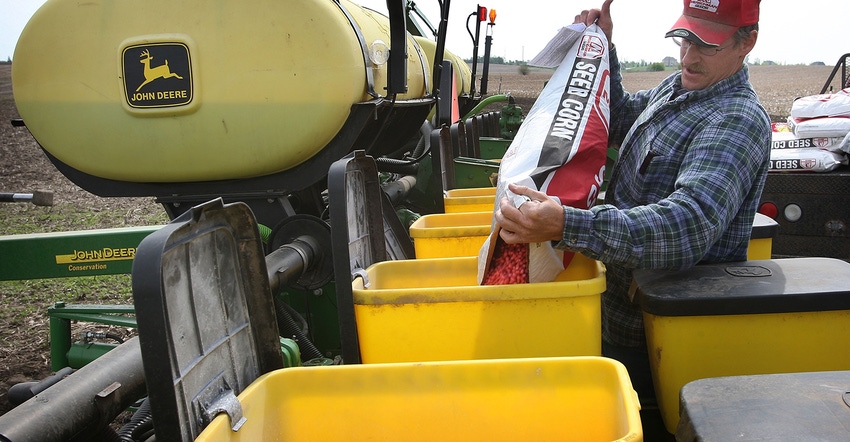October 7, 2019

By David Meyer
In advising our agricultural employers, I am regularly asked questions regarding their obligation to pay employees overtime pay. I advise them that the determination of their requirement to pay overtime begins with a review of their business operations and the relevant federal and state employment laws.
Under federal law, the Federal Labor Standards Act provides that virtually all agricultural employees are covered by the act. However, there are exceptions that exempt employers from paying their employees overtime pay.
Some exceptions
The first such exception under FLSA is that farm employers are not required to pay overtime pay to employees who are employed in agriculture, which is defined under FLSA to include farming. The second such exception is that an employer who did not use more than 500 “man days” of ag labor in any calendar quarter of the preceding calendar year is exempt for the current calendar year.
A “man day” is defined under FLSA as a day during when an employee performs agricultural work for at least on hour. Additional exemptions from the overtime requirements under FLSA include:
ag employees who are immediate family members of their employer
employees engaged principally in the production of livestock
local hand-harvest laborers paid on a piece-rate basis and engaged in agriculture for fewer than 13 weeks in the preceding calendar year
Similarly, under Wisconsin law, an ag employer engaged in farming, as that term is defined in Wisconsin Statute §102.04(3), is generally not required to pay overtime to ag employees who work on dairies, in crop production, or in the raising of livestock, bees, poultry and fur-bearing animals; and any activities incidental to such agricultural production, including the preparation, delivery or transportation of such products to market.
However, the determination of the federal and state law requirements applicable to an agricultural employer is only part of the equation, as ag employers must also consider their business operations. Today’s farmers’ business operations may be structured to include multiple business entities, and each such entity may or may not qualify under the previously mentioned federal and state law requirements as being engaged in agriculture — for instance, consider a related commercial trucking or custom-cropping operation.
For example, a farm employee worked 40 hours for an ag employer on the farm and 10 hours in the employer’s related commercial trucking operation that does not qualify as engaged in agriculture. This employee would be entitled to overtime pay under federal law for the 10 hours worked in excess of the 40 hours on the farm.
The takeaway is that an ag employer must be mindful that its related business entities and operations may or may not fall within the overtime exemptions under federal and state law. An ag employer should be careful not to misclassify employees as exempt from the overtime requirements, as violations of federal and state law can subject the employer to costly civil fines and penalties, and for willful violators, possibly criminal prosecution.
Meyer is an attorney in the agricultural law firm of Twohig, Rietbrock, Schneider and Halbach. Call him at 920-849-4999.
You May Also Like




